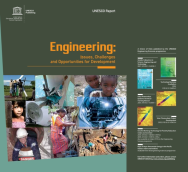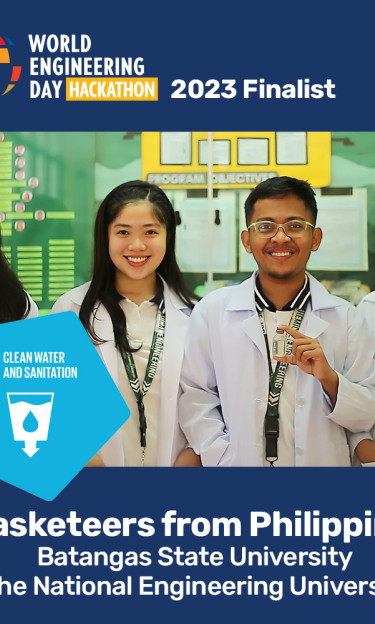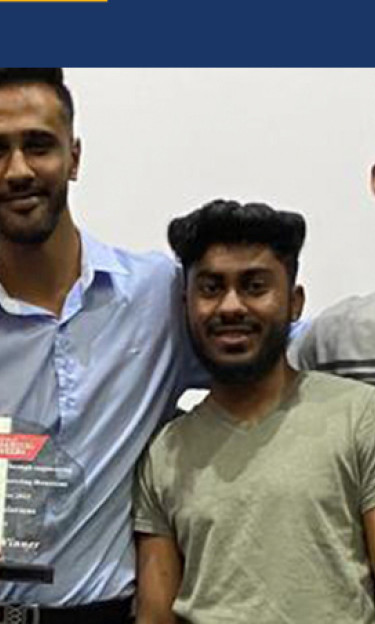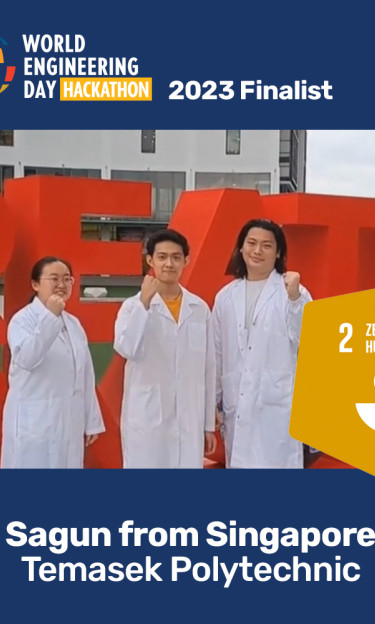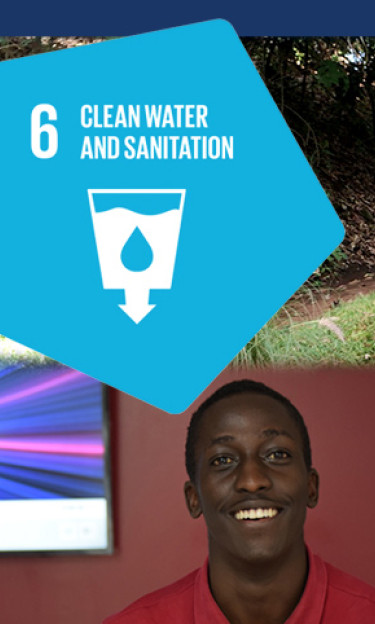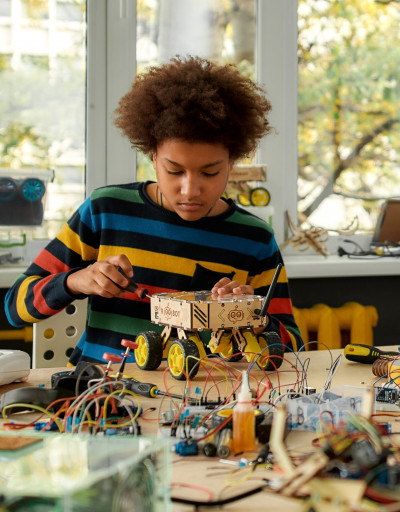
World Engineering Day for Sustainable Development
Engineering has always had an essential role in development and human welfare. Ensuring that future generations of engineers and scientists will be able to design solutions for local and global challenges is critical.
UNESCO's General Conference proclaimed the 4 March World Engineering Day for Sustainable Development during its 40th session in November 2019 (40 C/64), to raise awareness of the role of engineering in modern life, which is essential to mitigate the impact of climate change and advance sustainable development, especially in Africa and the small island developing states (SIDS).
In spite of the importance of engineering for our life and future, women have been historically underrepresented in engineering fields, typically making up only 10 – 20% of the engineering workforce. Even in countries where the numbers of women studying STI have increased, this trend has not translated into more women entering the workplace. Too many female students who graduate do not go into the engineering profession. The barriers are often connected to persistent gender stereotypes in this field, inadequate policies or educational environments that do not meet their needs and aspirations.
UNESCO is placing a high priority on activities that promote awareness of engineering as a career, as well as on those that demonstrate the importance of youth studying science, technology, engineering and mathematics (STEM).

2023 theme and celebration
What UNESCO does to support engineering

"UNESCO is committed to reducing inequalities in engineering: in terms of gender, when only 28% of engineering graduates are women; as well as in terms of geography, especially in sub-Saharan Africa, where the number of engineers is lower than in any other region of the world."
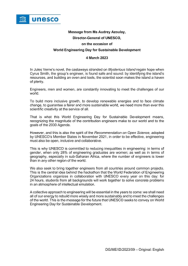
Key messages
News
Follow a 24-hour live broadcast and discover the winners of this year’s hackathon
Climate change is here: how can we feed people, tackle water scarcity and design thriving cities? Student engineering teams have taken up this challenge for World Engineering Day on 4 March 2023. UNESCO is supporting this challenge, which has been organized by the World Federation of Engineering Organizations. Discover the 12 finalists. Meet the winning team and learn about their project by joining the World Federation of Engineering Organizations’ 24-hour live stream broadcast on 3 and 4 March.
About the logo
The 17 colours of the UN Sustainable Development Goals are included in the World Engineering Day logo and represent the commitment to the UN 2030 Agenda. The colours at the centre of the image are for the Sustainable Development Goals for Water, Energy, Sustainable Infrastructure and Innovation. These are the areas where engineers are needed most. The goal for Engineering Education is also central as the world needs more engineers with the right engineering skills for sustainable development. The image of the world is incorporated in the logo to show that this is a global day for everyone. The gears of the logo show that engineers are driving the world forward and that engineering is essential for sustainable development.
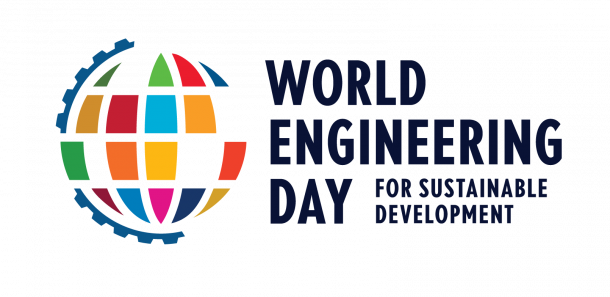
UNESCO Engineering Reports
The report highlights the crucial role of engineering in achieving each of the 17 Sustainable Development Goals. It shows how equal opportunities for all is key to ensuring an inclusive and gender balanced profession that can better respond to the shortage of engineers for implementing the SDGs.
It provides a snapshot of the engineering innovations that are shaping our world, especially emerging technologies such as big data and AI, which are crucial for addressing the pressing challenges facing humankind and the planet.
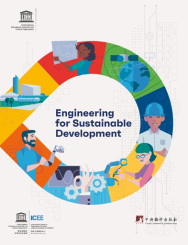
This was the first global comprehensive study on engineering. It was produced by UNESCO in partnership with the World Federation of Engineering Organizations (WFEO), the International Council of Academies of Engineering and Technological Sciences (CAETS) and the International Federation of Consulting Engineers (FIDIC). It demonstrated that "Engineering drives social, economic and human development and underpins our knowledge societies and infrastructures. It is a major factor in innovation and indeed the rise and fall of civilizations".
